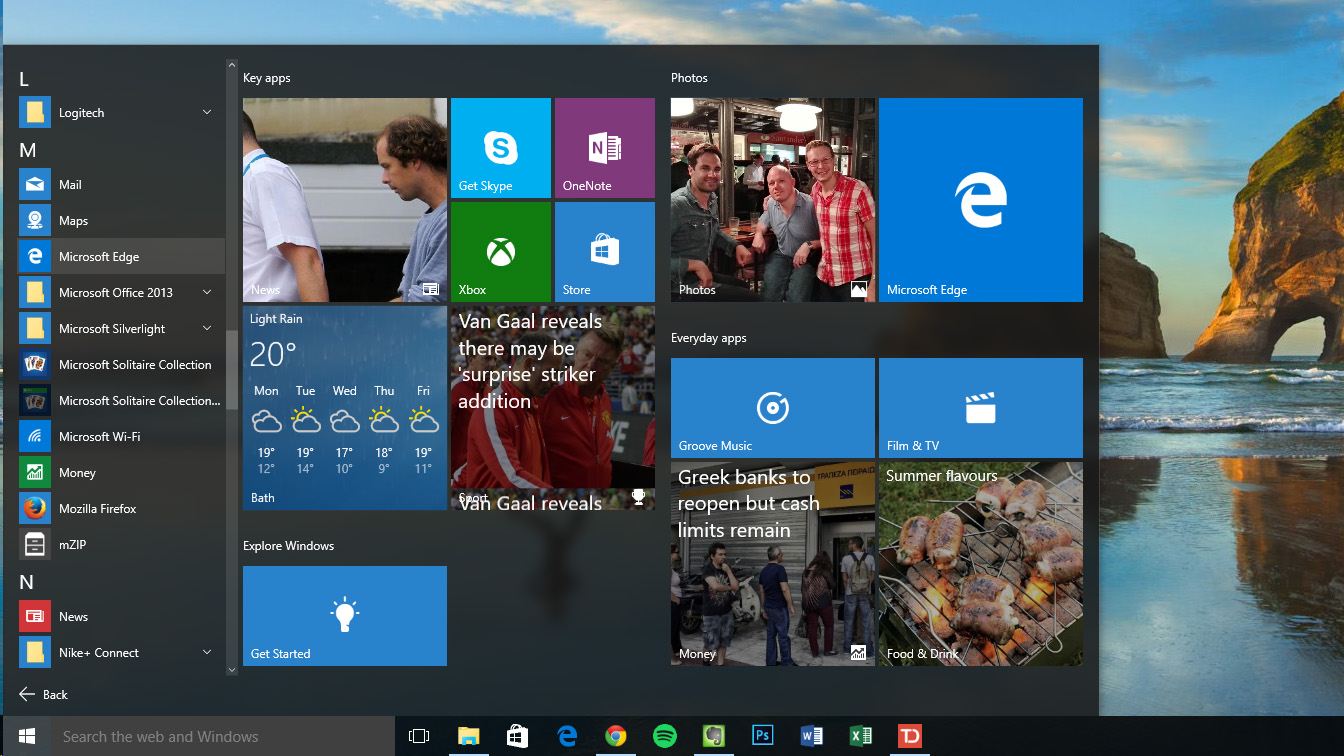Hike in Windows 10's minimum spec could torpedo low-end PCs
Will affect those using the 32-bit version of Windows 10

Microsoft is planning considerable changes with the incoming Anniversary Update which is expected to land late July, but what you probably didn't know is that one element of the minimum spec for the OS will be upped.
As the Inquirer reports, after the upgrade, the minimum amount of system memory required to run Windows 10 will be 2GB for the 32-bit version of the OS rather than 1GB, meaning it will be the same as it currently is for the 64-bit version. No other spec changes are being made.
Your 1GB machine could possibly still function with 32-bit Windows 10, but will doubtless struggle a great deal more particularly when multitasking.
You can always upgrade your memory of course, which may not be a particularly expensive or difficult prospect for some, although some notebooks or other devices like tablets may prove a lot more problematic to boost up to the required level (or indeed impossible in some cases), leaving owners of such hardware in a very uncomfortable position.
And probably wishing they didn't upgrade to Windows 10, if they made the move from Windows 7/8.1 earlier this year or last year.
Shoring up security
The Anniversary Update for Windows 10 will likely be unleashed on the one-year anniversary of the release of the OS, which would make sense, and as we reported earlier today, the update will soon be being tested by Windows Insiders.
Also on the one-year anniversary of the launch of Windows 10, Microsoft is furthermore planning to make it compulsory that new PCs come with TPM (Trusted Platform Module) 2.0 for better security – this is more secure than TPM 1.2 and includes support for SHA-256 hashing.
Sign up for breaking news, reviews, opinion, top tech deals, and more.
That will only affect vendors producing new PCs, of course, although there will be one exception: TPM will still remain optional for devices running Windows 10 IoT Core like the Raspberry Pi.
- Check out our 100 Windows 10 tips and tricks
Darren is a freelancer writing news and features for TechRadar (and occasionally T3) across a broad range of computing topics including CPUs, GPUs, various other hardware, VPNs, antivirus and more. He has written about tech for the best part of three decades, and writes books in his spare time (his debut novel - 'I Know What You Did Last Supper' - was published by Hachette UK in 2013).